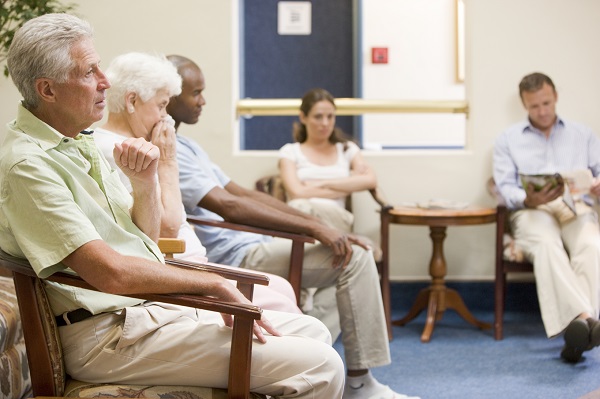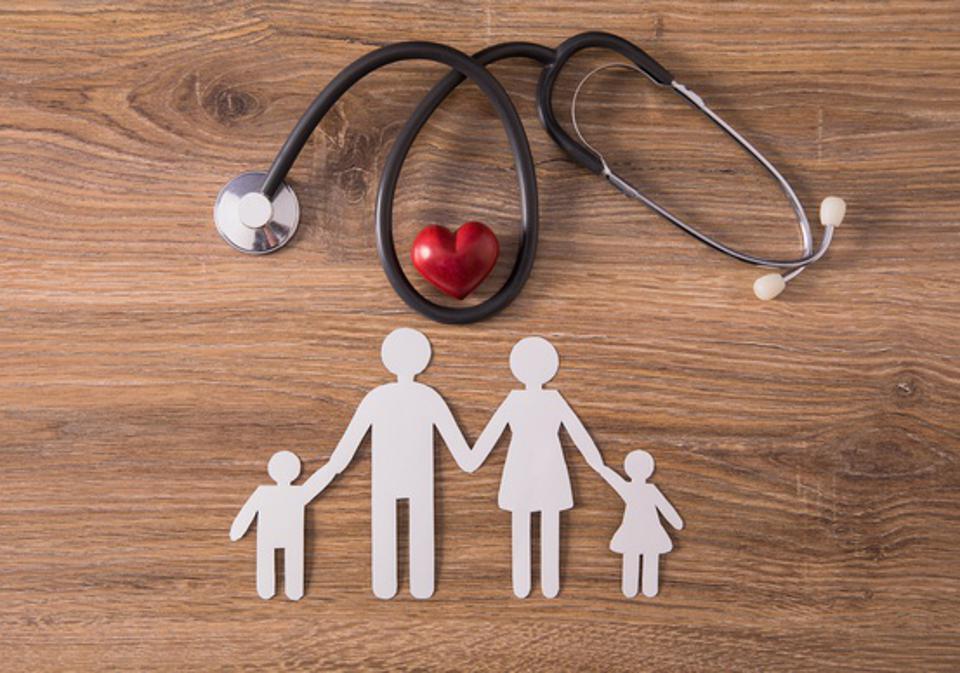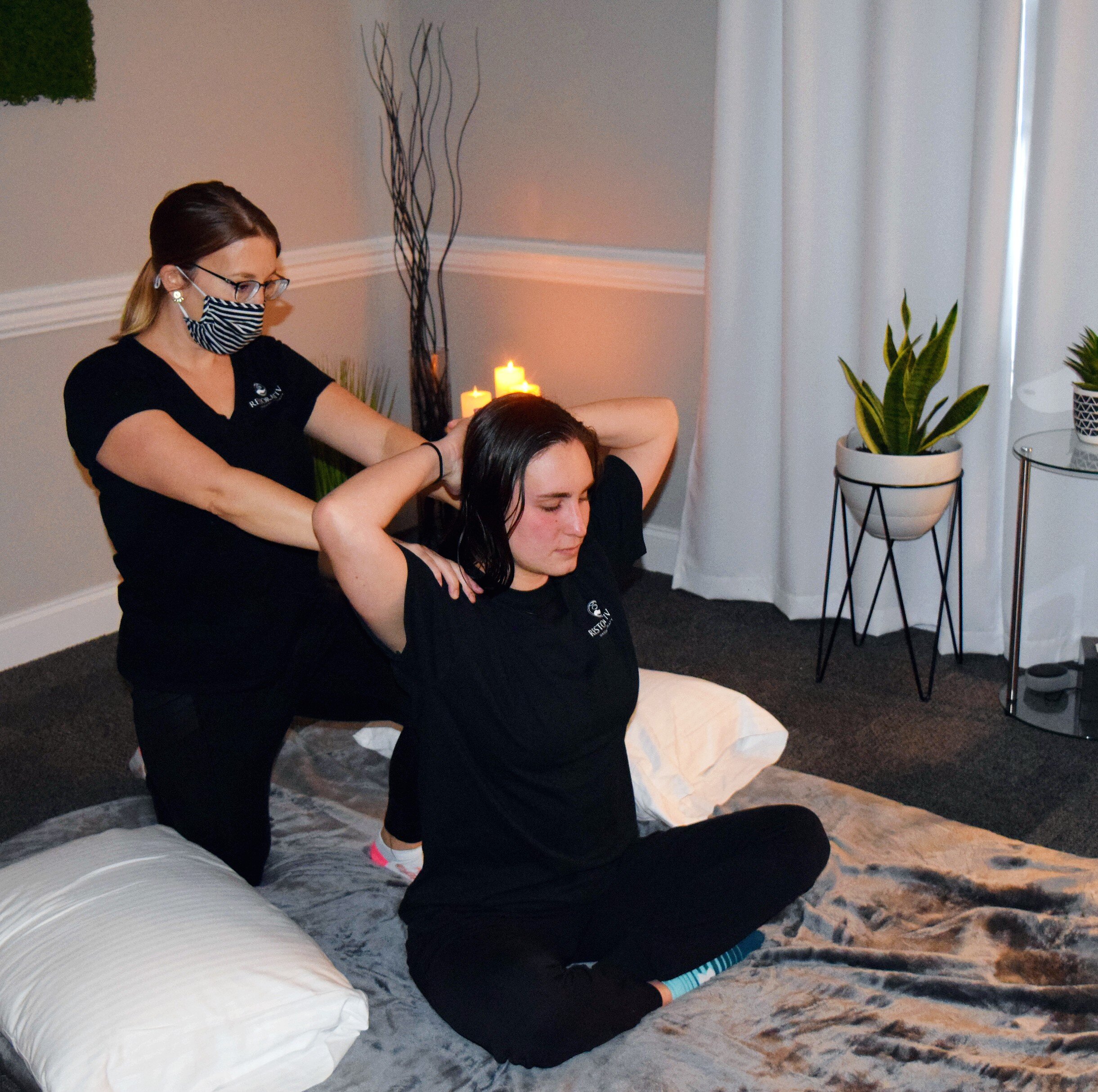Symptoms of an anxiety attack may vary widely from person to person. Some individuals will only experience some fairly mild symptoms of anxiety, and others will experience a broader range of more severe symptoms as well. These symptoms generally include: Anxiety. Dry mouth. A racing heartbeat.
Many people find that their most intense episode of anxiety attacks occurs in the middle of the day when they are feeling especially busy and anxious. During this time, many people who have generalized anxiety disorder (GAD) or social anxiety disorder (SAD) find that they are consumed with worries about being in social situations. Many of these worries can seem so ridiculous that the person is unable to control them. As a result, their fears become more powerful and they can feel extremely anxious for no apparent reason.
The physical signs of anxiety attacks include trembling, excessive sweating, shortness of breath, hot flashes, nausea, and heart rate acceleration. People who experience a panic attack or GAD may also feel fearful for no apparent reason. Some individuals may even experience chest pain or discomfort and a tingling sensation in their hands. They may feel as if their entire body is on fire.
Many times, individuals who experience these symptoms of anxiety attacks have no idea what is causing them. They often wonder if they are having a heart attack or a nervous breakdown. Often, these attacks are mistakenly treated as a minor case of panic attacks. When this happens, the individual is subject to further medical treatments that may not alleviate their symptoms.
Panic disorder and GAD are two completely separate conditions that require completely different treatments. In order to distinguish the two, it helps to know the symptoms that come with each anxiety attack. Knowing the symptoms can help you identify which type of attack you might be suffering from. These can include feelings of terror, uncontrollable fear, irrational thinking, and other symptoms that can make it very difficult to function throughout normal day-to-day activities. By identifying and learning more about your condition, you can begin the process of treatment.
Millions of people experience anxiety attacks, and many people do not seek treatment because they believe they are too embarrassed to discuss their problems with a doctor. However, when left untreated, anxiety disorders can quickly develop into a more serious condition. Once these disorders become a problem, it is often too late to seek treatment. It is important to remember that there are many different resources available if you suffer from this problem. Many people who are uncomfortable discussing their anxiety disorders with a doctor turn to the Internet and certain websites devoted to this topic in order to learn more about various treatment options.













